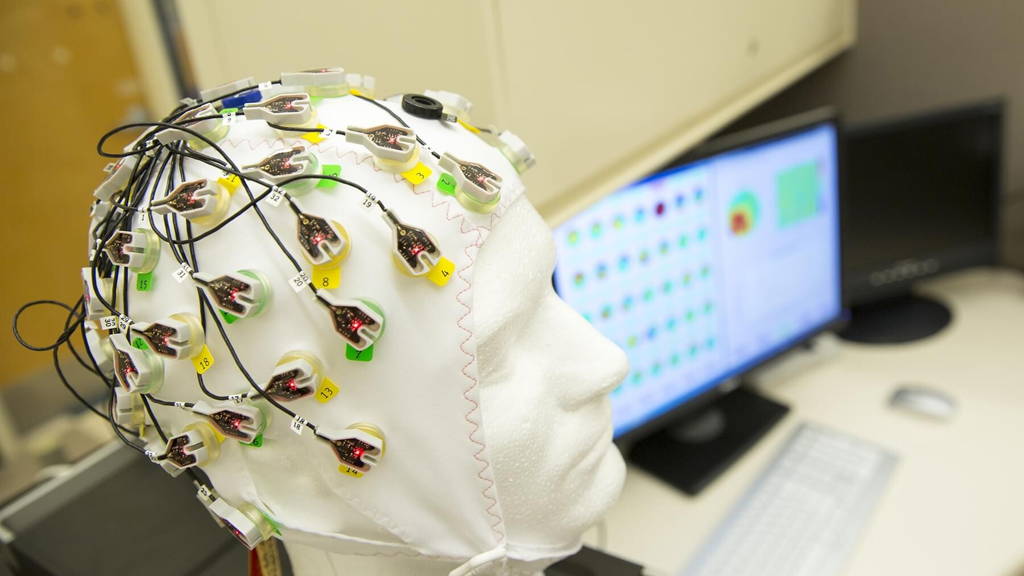Researchers are meeting in Phoenix this week for the 2017 Biomedical Engineering Society’s Annual Meeting. The advances mentioned above and discussed during the BESA meeting are just some of the improvements that make healthcare more cost effective, will make work for the healthcare professional easier and will assist patients in getting a firmer grip on their own health and treatment.
The future of digital healthcare is just around the corner
Thursday, October 12, 2017

News





